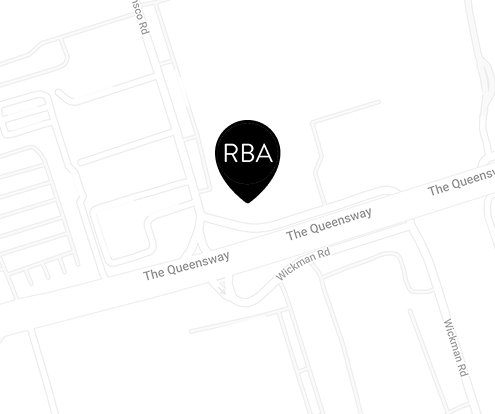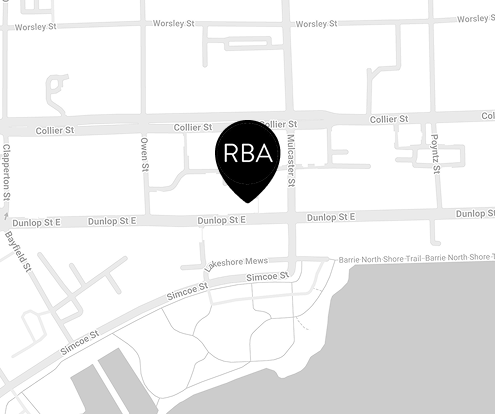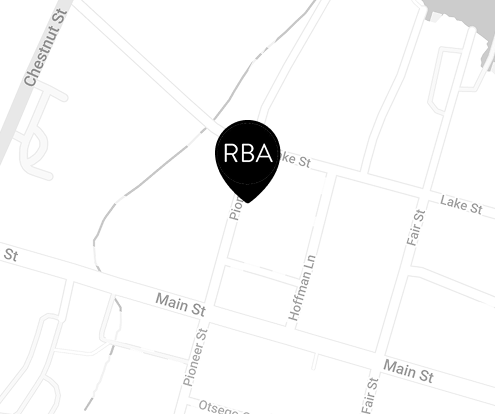The distinction between modern and classic custom homes goes beyond mere aesthetics; it reflects a deeper philosophical and functional approach to living spaces. Both styles cater to distinct tastes, preferences, and lifestyles, offering unique advantages and considerations for homeowners. This blog explores the key differences between modern and classic custom homes, highlighting their design principles, materials, construction techniques, and the overall experience of living in each.
Evolution of Design Principles
Classic custom homes draw inspiration from historical architectural styles such as Colonial, Victorian, Georgian, and Tudor. These designs often emphasize symmetry, ornate detailing, and craftsmanship. Architectural features like pitched roofs, dormer windows, columns, and intricate moldings are common in classic homes. The focus is on creating a sense of timelessness and elegance that reflects cultural and regional influences.
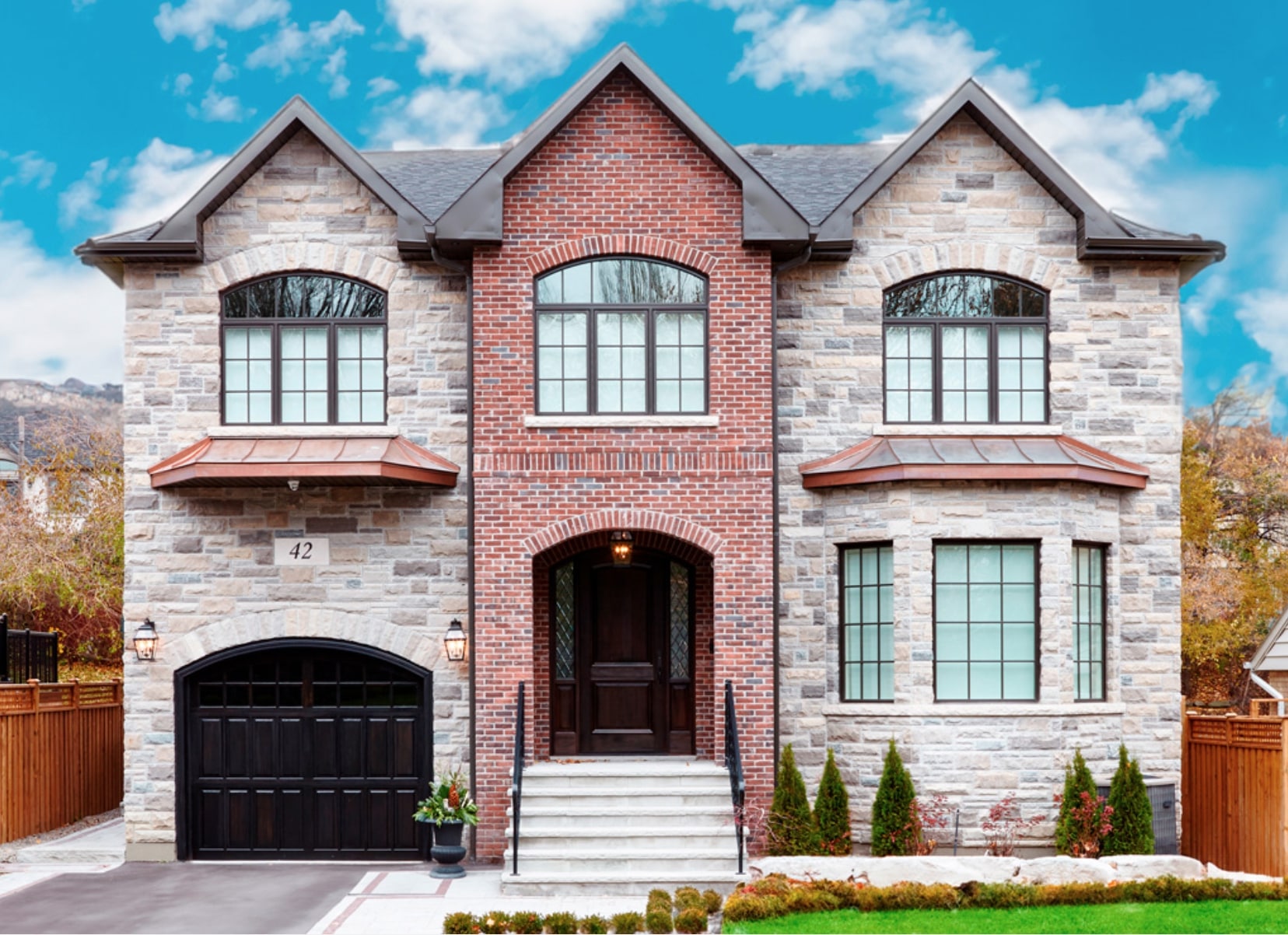
Modern custom homes, in contrast, are characterized by simplicity, clean lines, and an emphasis on function over ornamentation. They emerged as a response to the industrial revolution and the Modernist movement of the early 20th century, emphasizing efficiency, open floor plans, and integration with natural surroundings. Modern homes often feature flat roofs, large windows for natural light, and minimalist interiors that prioritize open spaces and functionality.
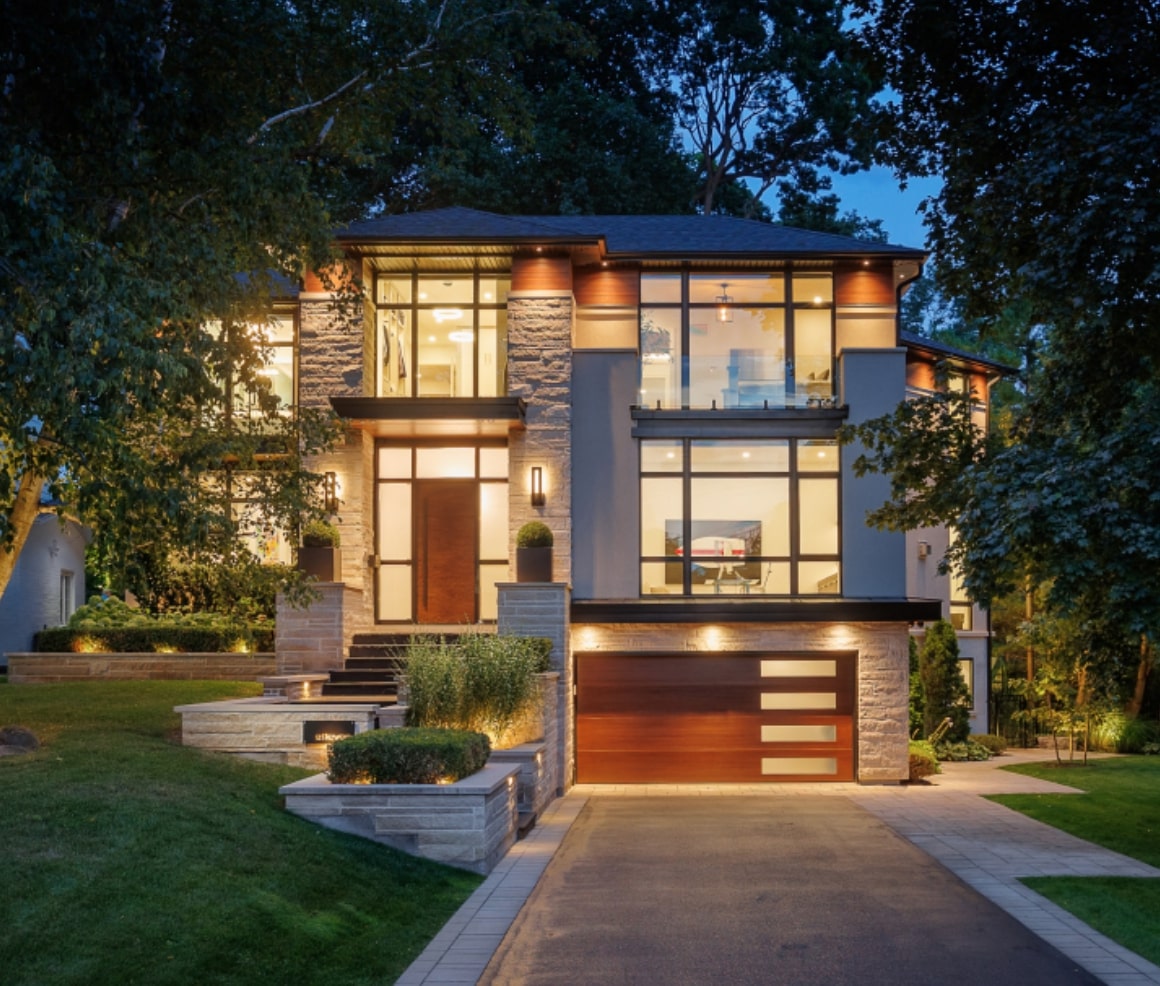
Materials and Construction Techniques
Traditionally, classic custom homes utilize natural materials such as wood, stone, brick, and slate. These materials not only enhance the aesthetic appeal but also contribute to the durability and longevity of the structure. Craftsmanship plays a crucial role in classic home construction, with intricate woodworking, detailed masonry, and custom carpentry being hallmarks of the building process.
Modern custom homes embrace technological advancements and innovative materials. Materials such as steel, concrete, glass, and composite materials are commonly used to achieve sleek, minimalist designs. Construction techniques often include prefabrication and modular building methods, allowing for greater efficiency and precision in construction. Sustainability and energy efficiency also play a significant role, with features like passive solar design, energy-efficient appliances, and smart home technologies becoming standard in modern homes.
Interior Design and Functionality
Interiors of classic custom homes often reflect a sense of opulence and tradition. Rooms are typically compartmentalized, with distinct spaces for formal dining, living, and entertaining. Ornate details such as crown molding, wainscoting, and decorative fireplaces contribute to a sense of grandeur and historic charm. Furniture and decor tend to be more traditional, often featuring antiques or reproductions that complement the architectural style of the home.
In contrast, modern custom homes prioritize open, flexible spaces that cater to contemporary lifestyles. Open floor plans integrate living, dining, and kitchen areas, creating a seamless flow and encouraging social interaction. Interiors are characterized by simplicity and minimalism, with neutral color palettes and clean lines dominating the design scheme. Furniture and decor often feature modern or mid-century modern pieces that emphasize functionality and comfort.
Lifestyle and Adaptability
Living in a classic custom home often appeals to those who appreciate history, craftsmanship, and the charm of bygone eras. These homes tend to evoke a sense of permanence and stability, making them ideal for homeowners looking to establish deep roots in a community. The architectural style and design choices reflect a commitment to tradition and cultural heritage, offering a sense of continuity across generations.
On the other hand, modern custom homes appeal to individuals seeking innovation, efficiency, and adaptability. These homes are designed to accommodate evolving lifestyles and technological advancements, with features that enhance comfort and convenience. The emphasis on sustainability and energy efficiency appeals to environmentally conscious homeowners, while the flexible interior layouts cater to changing family dynamics and modern living habits.
Cost Considerations and Market Trends
Building or renovating a classic custom home often involves higher costs due to the craftsmanship required and the use of premium materials. Historical accuracy and preservation may also add to the expenses, particularly when renovating older properties. However, classic homes typically hold their value well over time and appeal to a niche market of buyers who value architectural heritage and craftsmanship.
Modern custom homes can vary widely in cost depending on the design complexity, materials used, and technological features incorporated. While initial construction costs may be higher due to advanced building techniques and materials, modern homes often offer long-term savings through energy efficiency and lower maintenance costs. The market for modern homes continues to grow, driven by trends in sustainability, smart home technology, and contemporary design aesthetics.
Choosing the Right Fit
The choice between a modern and classic custom home ultimately depends on personal preferences, lifestyle considerations, and aesthetic sensibilities. Classic custom homes offer timeless elegance, historical charm, and a connection to cultural heritage, appealing to those who value tradition and craftsmanship. In contrast, modern custom homes prioritize innovation, functionality, and sustainability, catering to individuals seeking contemporary design, energy efficiency, and technological integration.
Whether you prefer the timeless allure of a classic custom home or the sleek efficiency of a modern design, both styles offer unique opportunities to create a personalized living space that reflects your values and enhances your quality of life. By understanding the key differences outlined in this blog, you can make an informed decision that aligns with your vision for the ideal home.
Ultimately, whether you choose to embrace the grandeur of history or the promise of the future, custom home design allows you to create a space that not only meets your practical needs but also enriches your everyday experience through thoughtful design and craftsmanship.






